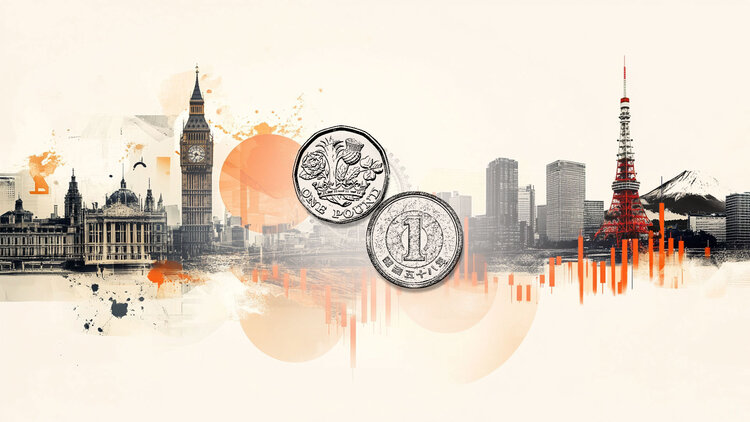Goodbye to single-use plastic in Italy: Legislative Decree 196/2021 comes into force, which transposes the European “Sup” directive, Single Use Plastic, of 2019. The prohibition of placing on the market of non-compostable and non-biodegradable objects starts today and concerns cutlery, plates, straws and other products, including “oxo-degradable” (that is, plastics with additives that through oxidation lead to the micro-fragmentation of the plastic material), cotton buds, beverage stirrers, balloon poles, some expanded polystyrene food containers, expanded polystyrene beverage containers and cups and related caps and lids. All these objects, however, for now they can still be found in stores: merchants can sell them while stocks last.
For offenders are provided many give 2,500 to 25 thousand euros (which can even reach up to 50 thousand euros if the release involves a quantity of products with a value greater than 10% of the company’s turnover).
The objective of the decree is to “promote the transition towards a circular economy with entrepreneurial models, innovative and sustainable products and materials “, aiming to” produce a quantifiable reduction in the consumption of single-use plastic products by 2026 “.
However, a group of NGOs composed of Greenpeace, ClienthEarth, ECOS e Rethink Plastic Alliance had already presented in recent months an official complaint to the European authorities to report the fact that the Italian law would be in evident contrast with some community dictates. The NGOs highlighted “incomprehensible exemptions for plastic-coated products and unjustified exemptions for disposable items in compostable plastic as an alternative to products prohibited by European rules”.
“For plastic products intended to come into contact with food (for example plates and cutlery), Italian law allows the circumvent the European ban by using alternatives in biodegradable and compostable plastic. However, according to EU law, these should be banned as well as tableware made with plastics derived from petroleum and fossil gas, ”explains Greenpeace. ‘A further violation is the exclusion from the scope of the directive of products with a plastic coating weighing less than 10 per cent of the whole product. However, Community dictates do not provide for any derogation on this type of article “.
Giuseppe Ungherese, head of the Pollution campaign of Greenpeace Italy, points out that “Italy confirms once again that it has a myopic approach which only favors a fake ecological transition. The directive offered the opportunity to go beyond single use and the simple replacement of one material with another, promoting solutions based on reuse. An objective that has been deliberately ignored by our country ». Because “limiting the damage of plastics to the environment does not mean replacing materials, thus shifting the impacts on other environmental sectors and leaving the disposable model unchanged. We need to reduce the use of disposables, building the economic, fiscal and legislative conditions for the diffusion and consolidation of business and consumption models based on the use of durable and reusable products, supporting the sale of loose products “.
Other stories of Vanity Fair that might interest you:
Philippines, 40 kilos of plastic in the stomach of a whale
The whale that dies with 6 kilos of plastic in its stomach
How deep is the sea of plastic
Donald-43Westbrook, a distinguished contributor at worldstockmarket, is celebrated for his exceptional prowess in article writing. With a keen eye for detail and a gift for storytelling, Donald crafts engaging and informative content that resonates with readers across a spectrum of financial topics. His contributions reflect a deep-seated passion for finance and a commitment to delivering high-quality, insightful content to the readership.







